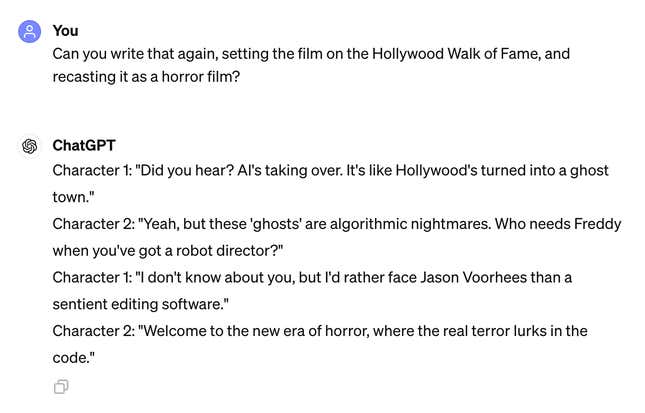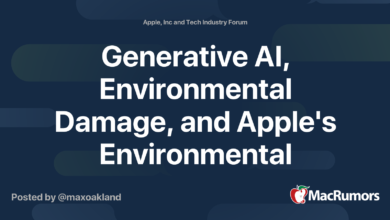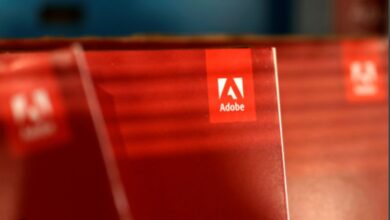And the AI Oscar goes to

Hello, fellow humans! Here’s our monthly AI-focused special edition of the Daily Brief. Enjoy, and we’ll see you again on Monday with your regularly scheduled Quartz news.
Here’s what you need to know
🖼️ We’ll soon have an easier way to identify if an image was made by AI. This week, OpenAI announced a new tool that can (mostly) tell if content was created by its DALL-E 3.
👯 The United States doubled down on digital chip twins. CHIPS Act money will fund the making of these virtual models, which simulate how a chip can work in different scenarios before physical versions head into production.
🛟 Plus, the U.S. recruited top tech leaders to join its AI safety board. Sam Altman, Satya Nadella, Jensen Huang, and Sundar Pichai are among those who signed on as security advisors in late April.
🤑 France’s Mistral AI is expected to nearly triple its valuation to $6 billion. The OpenAI rival is eyeing a new funding round that could raise as much as $600 million.
📱 Anthropic is taking lessons from social media to develop safer models. Co-founders and siblings Daniela and Dario Amodei said their concerns over AI’s potential harms come from watching platforms scale too quickly.
🫧 The AI craze is no dot-com bubble. For one, AI software is actually boosting profits, unlike the websites of the dot-com boom.
Quotable: Could robo-directors run Hollywood?
“With AI specifically, it’s really important to start thinking about tasks instead of jobs. There are tasks within your jobs that will get automated, simplified, and will be better to do, and faster to do. If you’re a good creator who knows how to use these tools, then you can take advantage of them. I think that’s a better mental model to think about what’s coming, then to think about just replacement.” —Cristóbal Valenzuela, chief executive and co-founder of Runway
This week, a different kind of film festival came to New York City: One that believes AI filmmaking could transform Hollywood, and offers a glimpse how. Runway AI festival welcomes film submissions that use artificial intelligence-powered tools in the creation process, including generative AI. (Runway itself markets AI-powered aids for parts of the filmmaking process from storyboarding to script writing.)
But as concerns over the use of AI in the creative industry have grown — see, for one, how it became a focal part of last summer’s Hollywood writers’ strike — what does responsible AI filmmaking look like? Britney Ngyuen investigates for Quartz from on the ground.
Department of jargon: The ultimate AI glossary
What makes a semiconductor, anyway? How’s generative AI different from all the other kinds of artificial intelligence? What goes into a GPU? These terms have woven themselves into our everyday vernacular seemingly overnight. ut if you had to explain them to a first grader, could you?
Quartz has a guide to the core AI terms that will help you talk about the technology on its most basic levels. No more mixing up GPUs, CPUs, and TPUs (yes, that’s a thing). Access the lexicon here.
Pop quiz: Big banks, bigger AI, biggest competition
Which bank is leading the race to hire AI talent?
A. Capital One
B. JPMorgan
C. Wells Fargo
D. Deutsche Bank
Maybe the answer is obvious (read to the bottom to find out) if you know which of the banks above is the world’s largest, but what’s interesting is that an AI hiring craze is hitting banks just when the sector is downsizing overall.
Quartz looked at how banks can compete for AI talent when the likes of OpenAI and Meta are doing everything they can to scoop it up first.
Other AI reads
⛏️ AI is the next frontier for Bitcoin mining
💰 Elon Musks’s AI startup could soon be worth $18 billion
🕯️ Burnt-out workers are using AI for help on the job
🏭 How TSMC started making everyone’s chips
👯 The U.S. is pouring money into the ‘digital twins’ of AI chips
🚔 New York City’s AI chatbot is telling people to break laws and do crimes
Ask an AI
After reading about Runway’s AI film festival, we got a little inspired. Sure, computers won’t be writing our movie scripts anytime soon (nor, as film writers have pointed out, should they). But what if there were a festival made up of films that were fully developed and directed by AI?
We decided to ask a chatbot to give us a preview of what that might look like — via a movie script, of course.
Hmm, we’re missing some ambiance here. Let’s add a genre and a setting to see if ChatGPT can give us something more gripping.

Well, okay. We’re starting to get something like a low-budget horror slasher. How about some characterization? Let’s name our protagonists, and see if the chatbot will respond to one being played by a beloved, Tuscan sun-crossing actor.

Okay, not helpful. We wheedled enough and ended up with a caricature of an killer robot film. Follow our protagonist Character 1 (played by Stanley Tucci) into this horror classic about the day Hollywood’s directors fell to Big AI. Human screenwriters, your jobs are very safe.
Did you know we have two premium weekend emails too? One gives you analysis on the week’s news, and one provides the best reads from Quartz and elsewhere to get your week started right. Become a member or give membership as a gift!
Our best wishes for a very human day. Send any news, comments, digital twins, and Tucci fan mail to talk@qz.com. Reader support makes Quartz available to all—become a member. Today’s AI in Focus Daily Brief was brought to you by Morgan Haefner, Britney Nguyen, and Gabriela Riccardi.
The answer to the pop quiz is B. JPMorgan.



